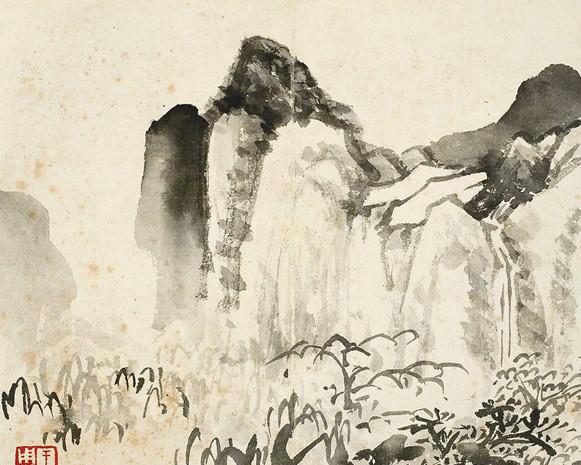If there is a sound on the piano, why not put it in the box? If the voice is on the finger, why not listen to the king's finger?
This poem is the work of the Northern Song Dynasty literary hero Su Dongpo, called "Qin Poem". If another literati wrote this poem, it is estimated that it will be considered to be raising the bar. When I knew that this was Su Dongpo's poem, I would wonder if he wanted to say something. Su Dongpo likes to write philosophical poems, and "horizontally looking into the mountains and peaks" is his good sentence. What is the truth of the "Piano Poem"?

The poem was written during the Yuan Feng period, when Su Dongpo was an official in Huangzhou. He felt a lot of emotion after hearing someone playing the piano and wrote this poem. He used two questions in a row to illustrate his point. From the perspective of writing techniques, Su Dongpo wants everyone to think with him. Then discuss each other to find the answer.
Let's see what's wrong with Su Dongpo. If the sound of the piano comes from the guqin, then why doesn't the guqin sound when it is put in the cassette? If the sound comes from the fingers of the player, then why not listen to the music directly on the fingers of the player? Why, how to answer, is really confusing.
Su Dongpo set a logical relationship, if according to his setting, these two problems are almost insoluble. Just like the egg or the chicken first, such a question is in addition to burning the brain or burning the brain. After Su Dongpo asked the question, he did not rush to answer it, but wanted everyone to understand why he asked the question.
After the Wutai poetry case, Su Dongpo was demoted to Huangzhou, and when he first arrived in Huangzhou, he felt that there was a miserable wind and rain around him. The landscapes and customs of Huangzhou comforted the injured Su Dongpo and made him cheerful. He was well acquainted with Buddhist theory and wrote the poem in the form of a Buddhist poem. He got back on his feet, and the studious Su Dongpo returned.
He used the guqin and the sound of the piano to illustrate an interdependent relationship. The guqin can produce a beautiful musical sound, which requires several aspects to act at the same time. A person living in the world needs to face all kinds of ups and downs. Yushi knocked Su Dongpo, and the villain fell into the well to besiege him, and he himself once gave up. When all this passes, it will be found that experiencing hardships can actually stimulate resilience in the personality.
Su Dongpo is like a guqin, and his talent is like a beautiful piece of music. The emperor trusted him and appointed him, and he would do his best to be loyal to the court. When framed and attacked, he does not change his true colors, adheres to high moral conduct, and will not collude with the same stream. Such a Su Dongpo can gain people's respect, which is the reason why he has been famous for eternity.
Of course, this poem has a variety of interpretations, and the allegorical technique of relying on things makes Su Dongpo exude the brilliance of reason. When he regained his senses, no difficulty could knock him down. Neither adversity nor good times can affect his ambitions.